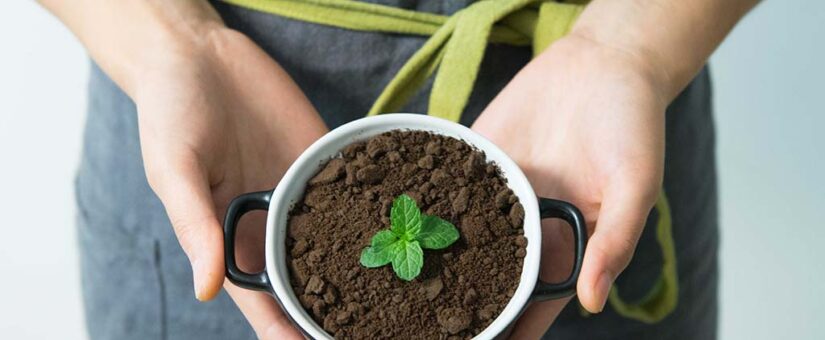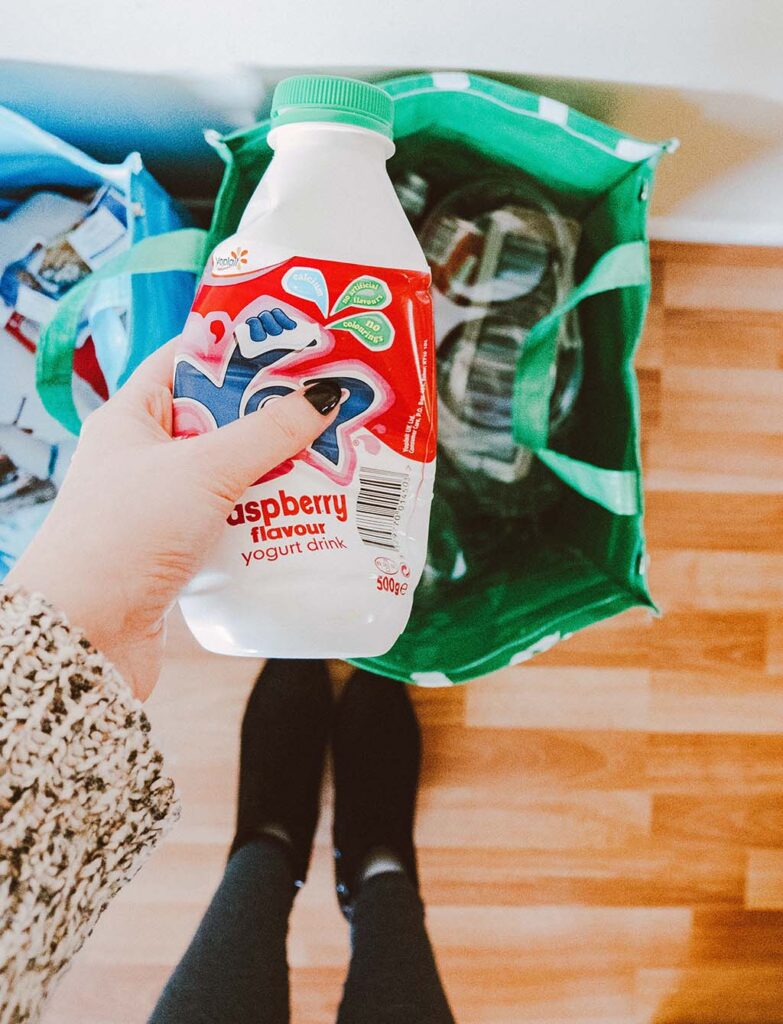
Tips on How to Become More Ecologically Friendly
A friendly, conscious approach to the environment is increasingly gaining popularity, because through it we can learn to do much less damage to our ecosystem and try to create a better quality of life. We offer you useful and simple tips that will help us not only become more environmentally friendly, but also save our budget.
Use aging food wisely
Eco-friendly living involves using products more wisely. Dairy products such as yogurt, sour cream, kefir or milk that are slightly out of date can be used to make dough or pankakes. Slightly fermented dairy will interact more strongly with the baking soda and make the dough more fluffy. And slightly shriveled fruit is great for compote.
Saving electricity
Thanks to this tip you can significantly save your budget. It’s enough just to accustom yourself to always turn off the light, leaving the room for a long time, and try not to turn it on at all during the day. Remember that appliances connected to the power system also use electricity (even when they’re turned off).
Saving Water
Water can be saved with every use in the bathroom. For example, turn it off while brushing your teeth.
We try not to throw paper, plastic bottles, batteries, light bulbs and appliances in the trash.
Give clothes a second life
Things can be given to the needy or give to the recycling, where for 1 bag of brought clothes you get a coupon for a discount. Pleasant and useful!
Choosing eco-bags
If you have already allocated a separate shelf for plastic bags, then it’s time to move on to eco-bags. You can now buy them in any hypermarket and take them with you when you go shopping. Those who like to get creative can sew such bags themselves.
Doing laundry the smart way
If you actively use a washing machine, then to save electricity, set the temperature to 30-40 degrees. It’ll save you money and it lasts longer.
Try to use more glassware
Between plastic containers and glass containers, it’s more environmentally friendly to choose glass. It does not emit harmful substances and odors into the products, increases the shelf life, and it can be easily recycled. Glass jars for cereal, granola, nuts will keep food from food moths.
Create a safe home environment
Now on the market, there are several companies whose philosophy includes environmental friendliness. Their products contain mild abrasives: they do a good job of cleaning without causing harm.

Why not start your own mini garden at home?
Some twenty years ago, growing onions, parsley and dill on your windowsill was the absolute norm. You can go back to this wonderful method of getting fresh herbs from the comfort of your own home. You can add lettuce, spinach, arugula, sorrel, basil and mint to the above.
Taking food with you in lunchboxes
This is one of the most eco-friendly and healthy habits, because with this approach you don’t constantly use plastic bags, you don’t litter the environment and also save quite a bit of money. Find some inspiration here.
Washing the dishes the right way
One good habit when washing dishes is to pre-soak them in the sink. Once the dishes have accumulated there, all you have to do is rinse them with a minimum amount of water. This is how dishwashers work: minimum water and multiple rinses. If you use baking soda or eco-solutions, the dishes will remain clean, and the foam for rinsing will be half as much, which will make the process much easier.
Taking water from home
Reusing plastic bottles or water jars is a very significant contribution to the environment. As you know, plastic does not decompose in nature for decades. Now you can buy beautiful bottles that will last you long enough.

Choose things wisely
There is a sure way to less consumerism about things – buy only quality, expensive items several times a year. And try not to buy a lot of unnecessary items.
Buying in bulk
In supermarkets, you can buy liquid soap or, for example, vegetable oil in cans of 5 liters and refill the home glass jars as needed. It’s not only eco-friendly, but also an economical option, because buying in bulk, you don’t overpay for the packaging.


